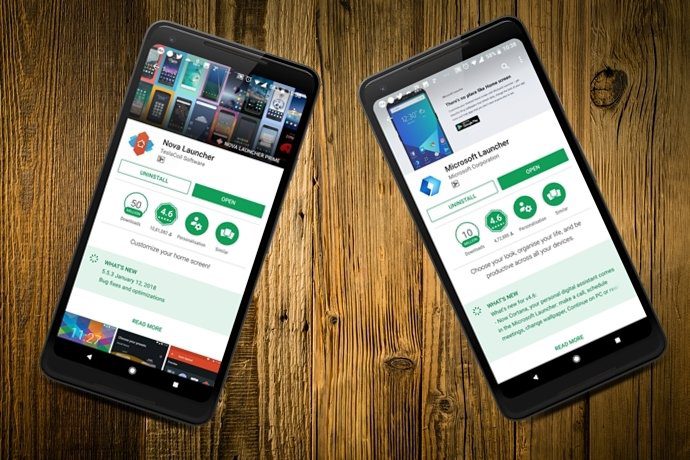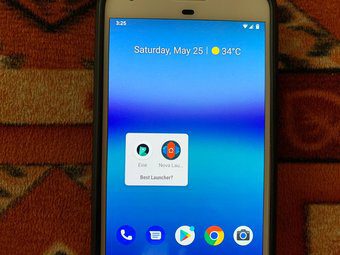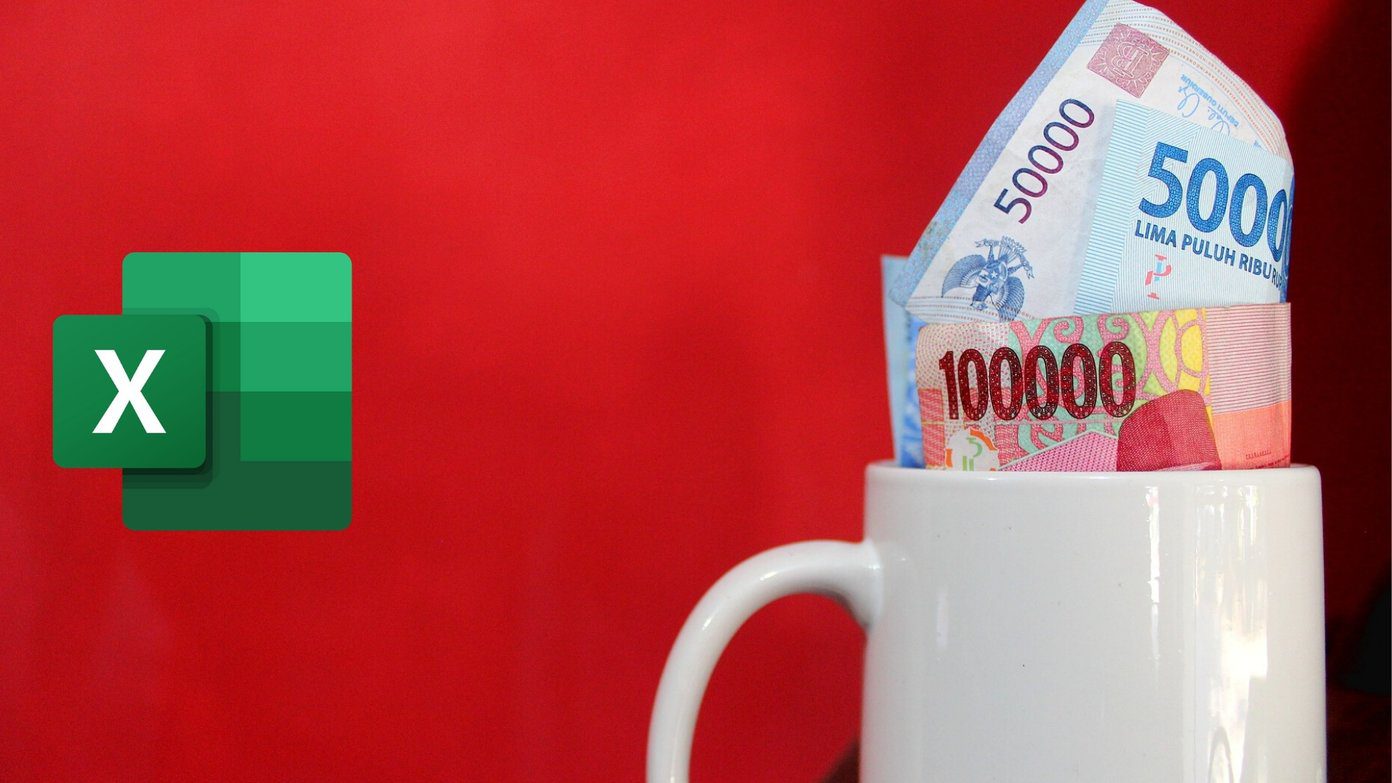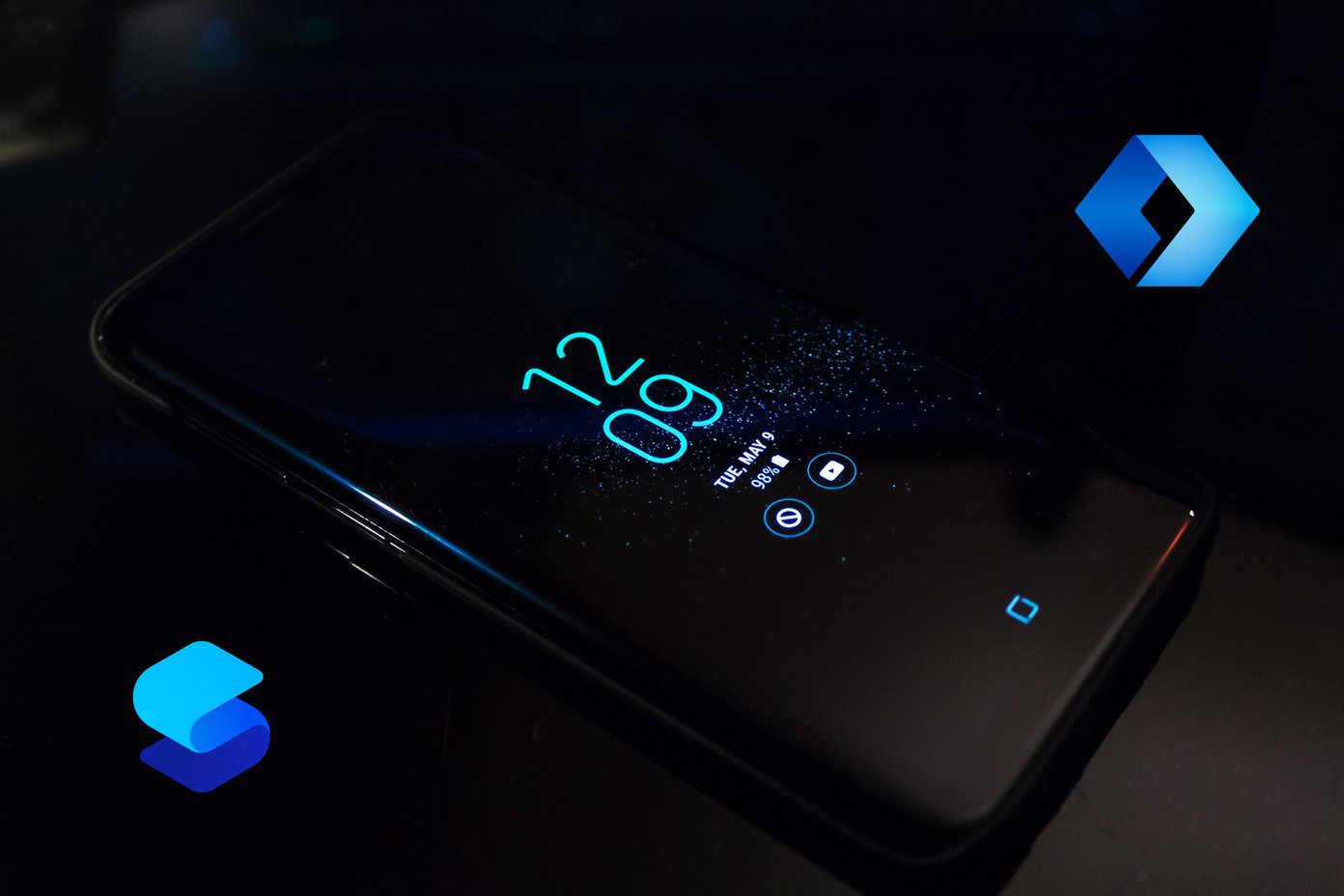Whether it’s stock Android or Samsung’s OneUI, people will always find something or the other missing. That’s where the role of a third-party launcher comes to life. Even you might have heard of reviewers suggesting slapping an X or Y launcher on the device from the day one if you are not the fan of default aesthetics and options. And in this post, we are comparing two of the most critically acclaimed Android launchers: Microsoft launcher and OnePlus launcher.
Let’s Revise a Bit
OnePlus made its debut in Android with the collaboration with Cyanogen OS. The deal didn’t go smoothly, and after the initial setback, the company started the development of their own default launcher called Oxygen OS. Microsoft launcher was initially known as Arrow launcher. The Microsoft Garage app gained popularity, and as a result, the development transferred to the front and got renamed as Microsoft launcher.
App Size and Availability
OnePlus launcher comes as a part of Oxygen OS. By default, the whole package takes up to 12GB of space on the device. And unlike some other OEMs, the company has made it exclusive to OnePlus devices only. You can access Microsoft Launcher on every Android device. The app weights around 33MB. Download Microsoft Launcher for Android Download OnePlus Launcher
User Interface
Both the launchers have a different take on the default user interface. OnePlus keeps it clean and free of any distractions. It’s similar to stock Android launcher with some added tweaks. Swipe up to reveal the app drawer, swipe down for notification tray. Swipe left, and you are treated with the home page of the launcher. The feed page consists of utility panels such as frequently used apps, dashboard with storage, battery, and data information. You can also add widgets from the bottom menu. I like OnePlus’s approach where all your app widgets and relevant information are at the same place and just a swipe away from the home screen. Microsoft’s story is entirely different though. The company has focused on delivering an experience suited for phones with a tall display. The search bar is at the bottom, and all the necessary toggles are also located within reach. Swipe left to see the added functionalities included by Microsoft. My feed showcases recent activities, most used apps, sticky notes, and more. The other two options are news feed and Windows Timeline integration. A pre-loaded launcher on the phone differs a lot from a third-party one downloaded from the Play Store. The OEMs can change the quick toggles styles, settings app, and add features right into the core of the device. They can also implement the default Android gestures right into the interface. The third-party ones can’t mess a lot with the fundamentals of the interface and can only build features upon that.
Theming Options
OnePlus Launcher lets you choose from a dark, light, and colorful theme. The theme you pick will be implemented in the settings, notification bar, app drawer, and interface. You can also select from the varieties of accent colors. Microsoft Launcher gives light and dark theme options. You can also opt for a transparent theme. However, the changes won’t take place in core UI elements like notification panel and settings. It will only change My feed look. The transparent option really gives a pleasing look. Try it out.
Customization Capabilities
Both the launchers pack several customization options. Microsoft Launcher lets you change icon size and packs, app folder styles, search engine options, and implement different gestures. OnePlus follows the pattern with the same options out of the box. The ability to change notification LED color is also present. Since the OnePlus Launcher is a part of Oxygen OS, it won’t receive updates as frequently as other launchers obtained through the Play Store.
Features
Both Microsoft and OnePlus adopt a different approach for adding new features. While OnePlus focuses on implementing more customization options, theming capabilities, the Microsoft launcher is all about productivity. If you are a Windows user, then the Microsoft Launcher is a bliss to use. All the added functionalities point towards Microsoft’s continuous focus on leveraging Android platform and bridge the gap between two ecosystems. With the Microsoft Launcher, you get the integration with Windows essentials like Sticky Notes, To-Do, Windows Timeline, Cortana, and OneDrive. You can also choose from Bing daily wallpapers which is a nice touch. You can access all the Windows services right from the My feed UI on the home screen. OnePlus focuses on adding features to improve the user experience. You can lock apps, make parallel apps, and choose from different navigation gestures to navigate the UI. The Gaming mode is also a useful addition. It lets you block notifications, automatic brightness, and gives an option to answer calls via the speaker.
Which One Should You Choose?
It all boils down to your usage pattern. If you are a Windows user, then look no further and go with Microsoft’s offering. The thoughtfully added functions will make you productive. OnePlus’s story is different. It needs to add features that improve the core elements of the software and device (hello, alert slider). If their minimalistic take is enough for you then stick with OnePlus’s efforts. Also, don’t forget the bonus of being an OEM launcher compared to a third-party one. Buy
OnePlus 6T (8GB | 128GB)
Next up: Let’s say you have decided to opt for the Microsoft Launcher. The version 5.0 has added many Windows functionalities. Read the post below to get a detailed look on the Microsoft Launcher 5.0. Buy
OnePlus 6T (8GB | 128GB)
The above article may contain affiliate links which help support Guiding Tech. However, it does not affect our editorial integrity. The content remains unbiased and authentic.






























